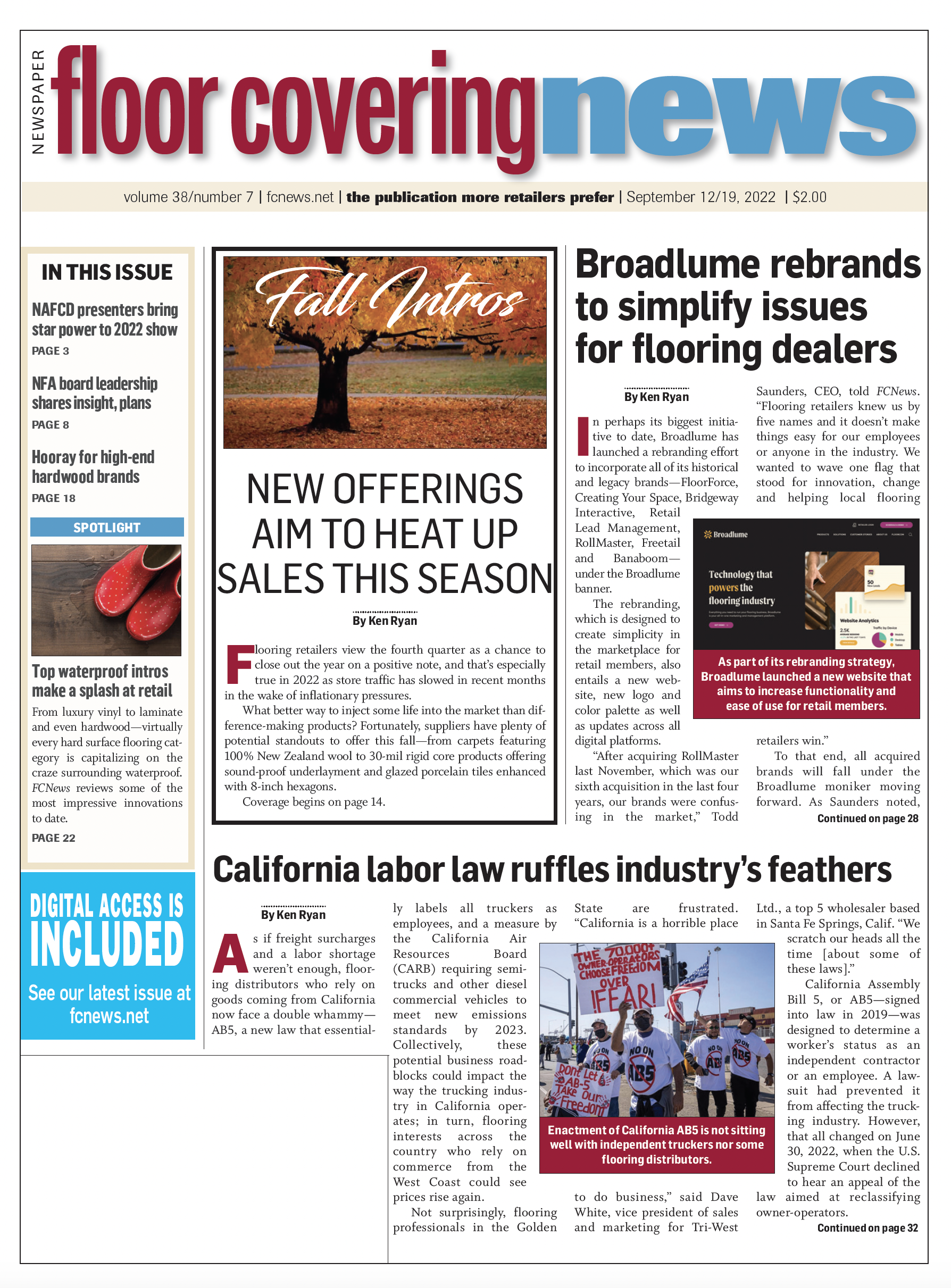 Roman Basi—Whenever a partner decides to enter a sale or exchange of their partnership interest, there can often be tax implications lurking. One of the most common lurking issues stemming from partnership interest sales involves triggering income from so-called “hot assets”—often in the form of unrealized receivables and inventory—that are held by the partnership.
Roman Basi—Whenever a partner decides to enter a sale or exchange of their partnership interest, there can often be tax implications lurking. One of the most common lurking issues stemming from partnership interest sales involves triggering income from so-called “hot assets”—often in the form of unrealized receivables and inventory—that are held by the partnership.
Unrealized receivables can include partnership attributes such as depreciation recapture, mining property and cash basis accounts receivable along with certain other recapture items. Inventory items can include both assets commonly recognized as inventory along with some other items that would not be treatable as a capital asset or Section 1231 property is sold.
The partnership rules generally require that a partner has the same percentage share of gain or loss from the sale of hot assets as from the sale of assets that are not hot. If the distribution of non-cash property to a partner causes a partner’s share of income and loss from assets-producing capital gains or losses to differ from the partner’s share of income and loss from hot assets, then Section 751(b) of the code would apply.
While the rules of the section can be complicated, the general effect is to cause a distribution of non-cash property that changes the percentage share that a partner has in a capital gain or loss property compared with hot assets to result in the partnership and the partner recognizing gain on the distribution. This income recognition by both parties is designed to assure that the distribution does not distort any amount of capital gains/losses or ordinary income the partner receiving the distribution must recognize.
To illustrate this, consider the following scenarios: Let us assume we have a client, individual “A,” who owns one-third of the interest of F Co., and his basis in his interest is $30. Client A has held his partnership interest for longer than one year. Client A wishes to sell his interest for its fair market value of $220 to “D,” who is an unrelated buyer. Now that we know this information, let us look at the different scenarios based on their taxation.
In scenario 1, F Co., is a C Corporation. That means Client A would recognize $190 of gain ($220-$30) based upon the sale of his interest. The entire gain would be taxed as a long-term capital gain. In scenario No. 2, F Co., is a subchapter S corporation. In this case, Client A would recognize $190 of gain from the sale of his interest, which would be taxed as a long-term capital gain. In scenario No. 3, F Co., is an LLC that is taxed as a partnership. Here, Client “A” would recognize $130 of ordinary income and $60 of capital gain for the sale of his interest. Instead of the entirety of the gain going toward capital gains like with a corporation, there must be an appropriation toward ordinary income and capital gains when it comes to partnership interest sales involving hot assets.
Partnership interest sales are notoriously fraught with potential tax traps for the unaware. Triggering phantom income through unexpected hot assets is just one of many potential tax traps in play when a partner enters a sale or exchange of their partnership interest. Partners may be able to guard against such tax surprises or structure a transaction in a manner that avoids them altogether.
Business partners who are contemplating selling their partnership interests should consult with a tax attorney or accountant to ensure an optimal transaction structure.
Roman Basi is an attorney and CPA with the firm Basi, Basi & Associates at the Center for Financial, Legal & Tax Planning. He co-authored this article with Ian Perry, staff accountant at Basi & Basi.

